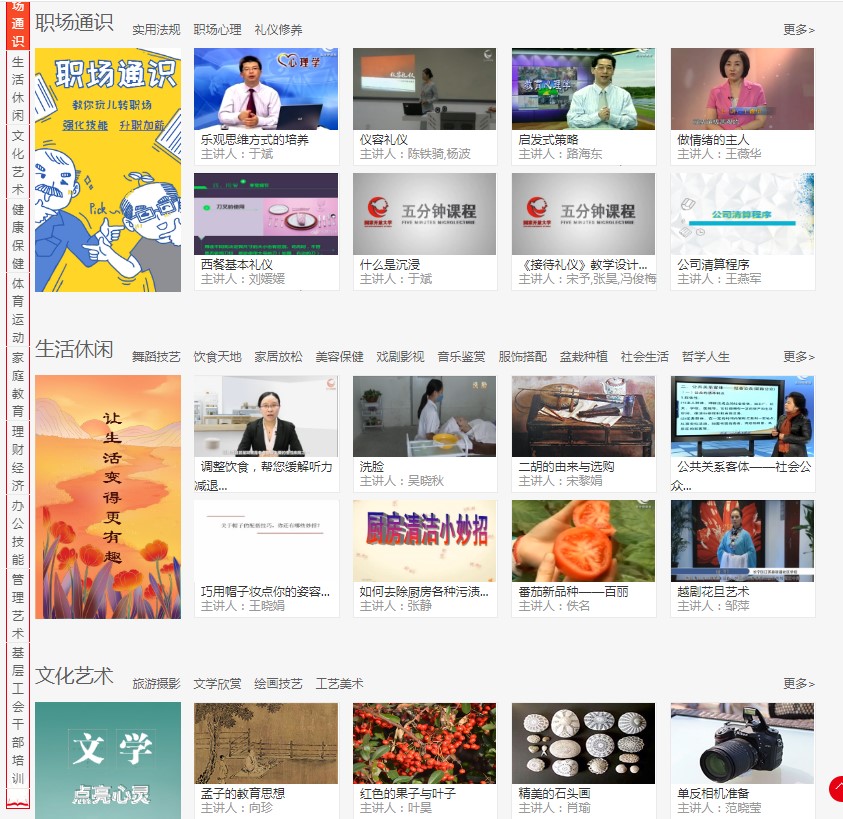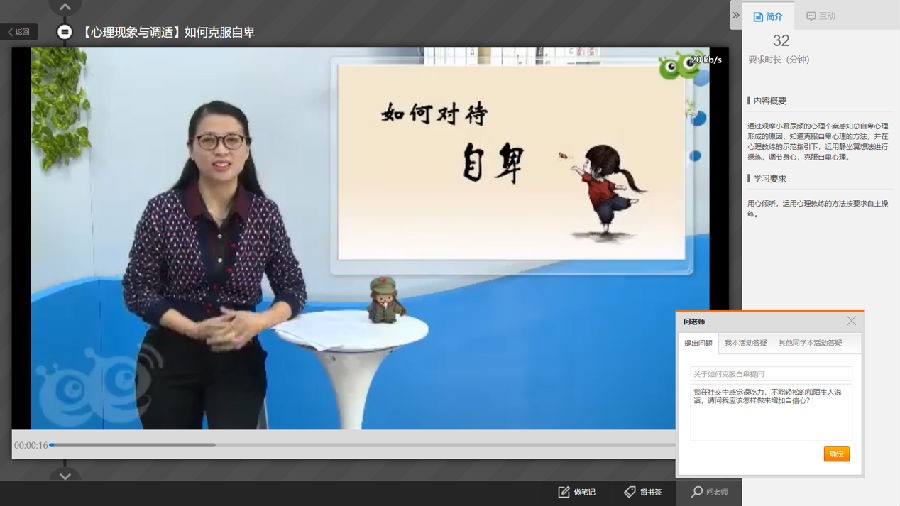 In order to implement the efforts to fight the COVID-19 epidemic enacted by the Central Committee of the Communist Party of China and the State Council and actively respond to the Ministry of Education’s call to "suspend classes but not learning” and the requirement to "support and encourage workers to participate in online vocational skills training" put forward by four national ministries and commissions, including the All-China Federation of Trade Unions and the National Development and Reform Commission, the Open University of China (OUC), based on the public information service platform for realising dreams of further education, promoted free distance education services based around "suspending classes but not learning" and "internet plus” in order to ensure that industrial workers can continue learning and improve their qualifications and skills during the epidemic period.
In order to implement the efforts to fight the COVID-19 epidemic enacted by the Central Committee of the Communist Party of China and the State Council and actively respond to the Ministry of Education’s call to "suspend classes but not learning” and the requirement to "support and encourage workers to participate in online vocational skills training" put forward by four national ministries and commissions, including the All-China Federation of Trade Unions and the National Development and Reform Commission, the Open University of China (OUC), based on the public information service platform for realising dreams of further education, promoted free distance education services based around "suspending classes but not learning" and "internet plus” in order to ensure that industrial workers can continue learning and improve their qualifications and skills during the epidemic period.


The OUC, together with Workeredu.cn, an education network for workers in China, launched four series of online training courses, for a total of 35 courses, namely "Skill Improvement,” "Psychological Assistance for Employees,” "Team Building,” and "Grassroots Trade Union Cadres.” The courses, which integrate lectures by experts, operation demonstrations, and simulated training, aim to provide workers with step-by-step education and training services including substantial and mutually linked content. At the same time, the OUC also launched a large number of high-quality free learning resources in order to meet the diverse learning needs of employees. High quality learning resources, detailed achievement files, and professional Q&A services are a strong guarantee for industrial workers to return to work.
Meanwhile, in order to alleviate mental pressure and solve the psychological problems that employees may face during the epidemic, the public information service platform for “Realising Dreams of Further Education” also introduced epidemic prevention knowledge, provided online psychological counselling services, and helped employees to comply with the requirements of epidemic prevention and control, develop healthy living habits, learn to relax and make self-adjustments, correct their work, life, and learning mentality, and build a strong psychological defence against the epidemic.

By OUC Academic Affairs Department